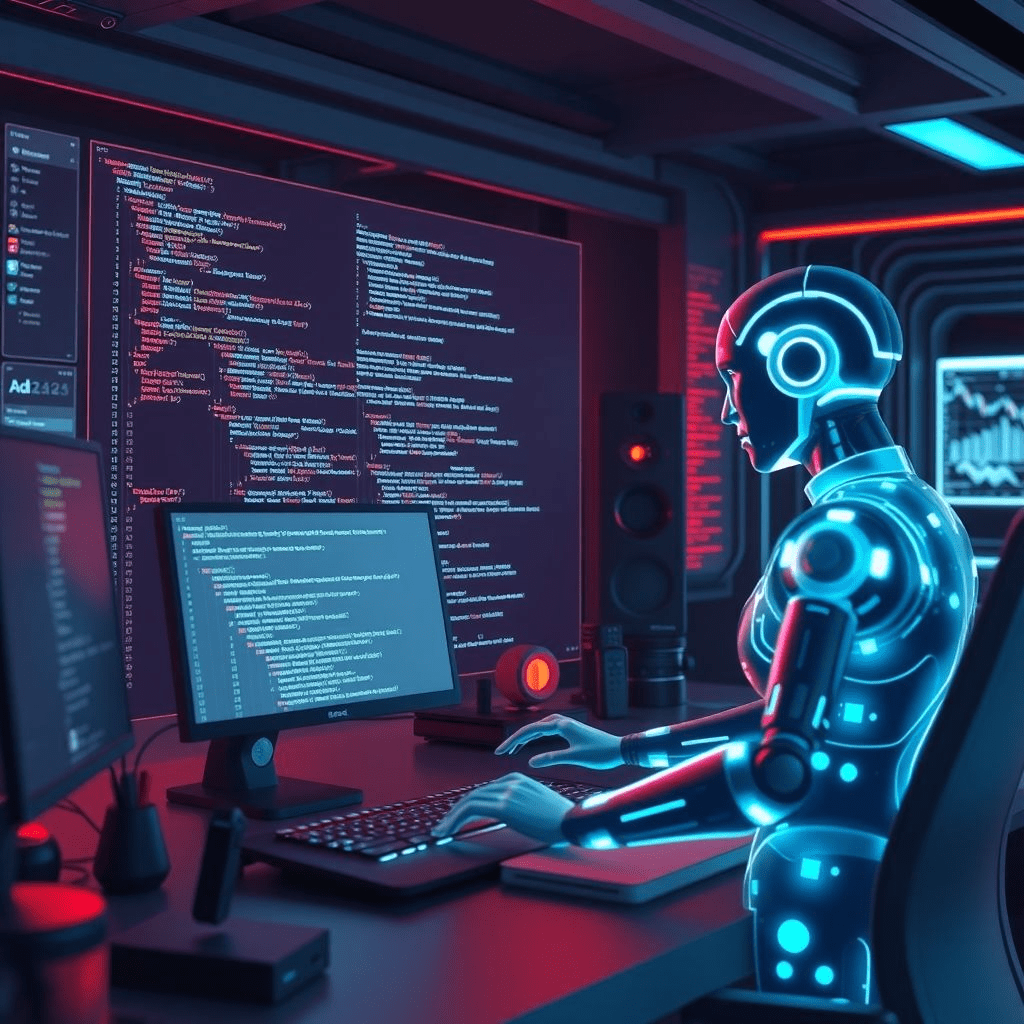Introduction
In a bold move that reflects the growing integration of artificial intelligence in software engineering, Perplexity has made it mandatory for its engineers to use AI coding tools. The company reports that this policy has cut development timelines dramatically, enabling prototypes that once took days to be built in hours.
Why Perplexity Adopted This Policy
As a rising star in the AI search and knowledge domain, Perplexity aims to maintain its competitive edge by accelerating innovation. According to Business Insider, the decision came after internal experiments showed that incorporating AI coding tools like Copilot and proprietary models improved code quality and speed without compromising security or maintainability.
Perplexity’s CTO, Alex Kim, stated: “We realized that our engineers equipped with AI assistants could achieve 3–5x faster delivery while focusing more on architecture and creativity rather than repetitive coding.”
How It Works
Perplexity has integrated AI assistants deeply into its development environments. Engineers are encouraged — and now required — to:
- Use AI code completion and generation for boilerplate and complex algorithms.
- Rely on AI tools for unit testing, bug detection, and documentation.
- Collaborate with AI for refactoring and performance optimization.
This system not only saves time but also allows engineers to focus on solving unique business challenges rather than writing routine code.
Reactions and Industry Implications
The announcement sparked debate across the tech industry. Advocates see it as a necessary evolution in engineering productivity.
“AI coding tools are like calculators for programmers,” says software strategist Nina Patel. “They free humans to focus on higher-level problem-solving.”
Critics, however, warn that over-reliance on AI might lead to skill atrophy or hidden vulnerabilities in code. Perplexity counters this by ensuring regular peer reviews and human audits of AI-generated code.
Impact on the Workforce
Internally, engineers report mixed feelings. Many appreciate the efficiency gains, while some express concern over reduced autonomy.
“I feel like I can build more ambitious features faster now,” said one Perplexity engineer anonymously. “But I also worry that I’m becoming too dependent on the AI for routine tasks.”
To address such concerns, Perplexity is launching internal training to help engineers balance their skills with AI support.
The Future of AI-Enhanced Development
Experts believe Perplexity’s move could set a precedent for other tech firms. With rising demand for faster product cycles, it’s likely that more companies will make AI tools a standard part of development workflows.
“AI coding tools are no longer optional in high-pressure environments,” says Patel. “Companies that don’t adapt may fall behind.”







